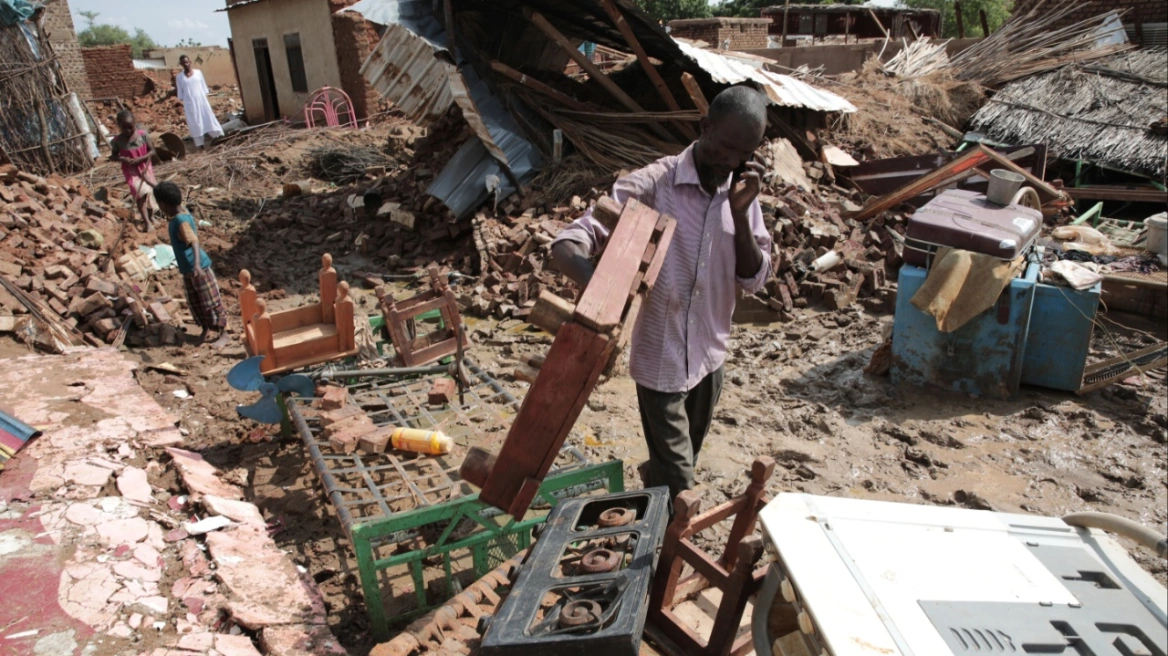The idea that sooner or later ISIS is going to attack Italy has been in the minds of Italian citizens for months now. But when the Head of the Police of Italy, Franco Gabrielli, said it explicitly, this concern reached a totally different level.
“I’ll say it straight. Sooner or later we will also pay this price, there is no doubt. It’s useless to deceive ourselves. We only hope it is going to be as restrained as possible, but we are under threat,” Gabrielli said in an interview published by Italian newspaper, Il Giornale.
His words are supported by the fact that investigations on suspects believed to be affiliated to ISIS in Italy showed that they were actually “ready to implement attacks and kill people”, as Gabrielli explained.
When asked if the risk of having terrorist attacks in Italy was seriously high, Gabrielli replied with no possibility of misunderstanding: “Yes, I believe that on this we should be aware that the possibility of an attack is very high”.
Concerns regarding potential terrorist attacks in Italy have been raising in recent months since Anis Amri, the Tunisian national considered responsible for the December 2016 attack in Berlin, was caught by Italian police in Milan. What appears to be more worrying for the people living in Italy is that Amri spent four years in an Italian jail where he was radicalized.
Above this, ISIS flags were seen in different towns in Albania, a country that is just across the Adriatic sea from Italy. According to Italian Intelligence services the main threat is now represented by radicalized members of the Albanian communities living in Puglia region in the South-East of Italy.
“The Balkan threat is only potential, not real” Alessandro Orsini, Director of the Observatory on International Security at LUISS University of Rome, said to Al Arabiya. “The terrorist attacks that took place in Western cities were not perpetrated by Albanian nationals, the weapons used for the attacks had no links with Albania illegal arms trafficking and there was no involvement of Albanian criminal organizations” explained Orsini, who is also Research Affiliate at the Massachusetts Institute of Technology (MIT), adding that these empirical indicators show that Albania should be followed closely, but that no direct threats to Italy came from Albania.
Belgium, France, Germany are between the European countries that faced ISIS terrorist attacks: how come Italy is not in the list yet?
Compared to other European countries Italy has been dealing with terrorist groups for a much longer time, starting with 1970s’ Brigate Rosse during what Italians call “anni di piombo”, the lead’s years, a term that expresses the level of violence of that period. This has of course pushed the country to develop a strong expertise on counter-terrorism, but this seems like a partial answer to the question.
According to Gabrielli there are many other factors explaining why Italy hasn’t been attacked yet. “Beside the optimum preventive work we do, the point is also that we don’t have grave marginalization and we immediately expel suspects of terrorism” Gabrielli said.
Italy has been deporting an average of about 10 suspects per year, but in the last two years this figure has increased drastically with 66 expulsions in 2015 and 57 in 2016, according to Italian Ministry of Interior data.
The fact that the recently appointed Minister of Interior of Italy, Marco Minniti, was previously working closely with the Intelligence shows that the Italian government is not underestimating the current threats. In 2013 Minniti was appointed secretary to the prime minister’s Office with responsibility for intelligence services and he held this office also in the following government of Matteo Renzi.
According to the 2016 Global Terrorism Index, produced by the Institute for Economics and Peace, Italy (69) is between the top 70 countries more impacted by terrorism.
“Terrorism is more likely to occur in OECD member countries with poorer performance on socio-economic factors such as opportunities for youth, belief in the electoral system, levels of criminality and access to weapons” the Institute for Economics and Peace explained in its report, adding that “socio-economic factors such as youth unemployment, lack of confidence in the press, low faith in democracy, drug crime and negative attitudes towards immigration correlate significantly with the Global Terrorism Index”.
Considering these criteria, Italy is in a worrying position. Youth unemployment reached a concerning 37.9 percent in Italy in 2016. According to Freedom House, the Italian press is considered “partly free” as Italy ranked 77 in the 2016 World Press Freedom Index produced by Reporters Without Borders, following countries as Tanzania (71) and Bosnia (68). Drug crimes are reported by the media almost on a daily basis with evidence that Italian mafia organizations managed to penetrate the political and economic fabric of the country. The negative attitude towards immigration is on the rise along with far-right political parties and violence against immigrants and migrants reception centers in Italy.
What these indicators seem to be showing is that working within a country, on its social and institutional structure, could be the most effective way of preventing terrorist attacks. Or at least the first step to take when it comes to redefining counter-terrorism.
Ask me anything
Explore related questions





